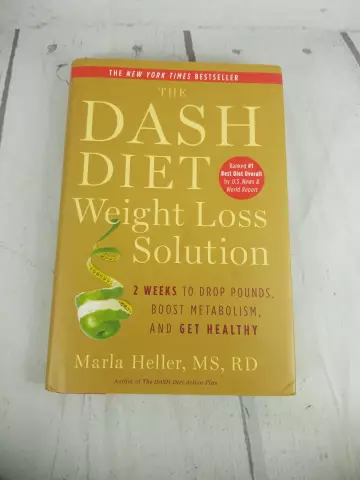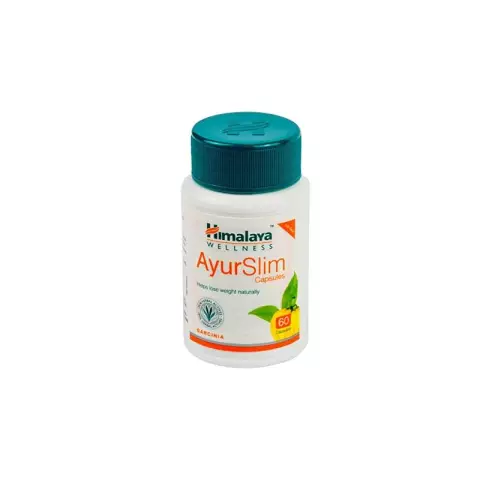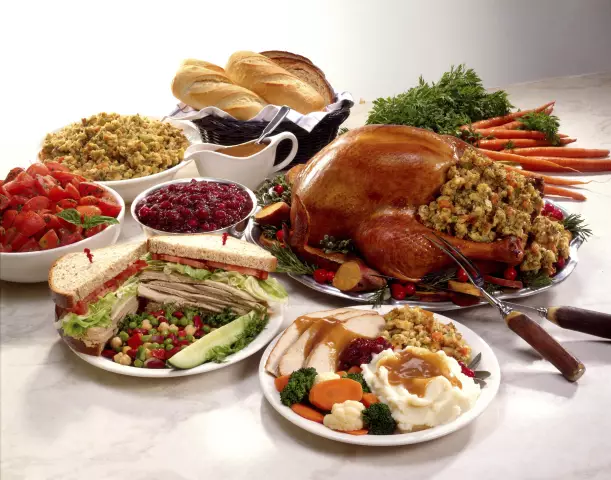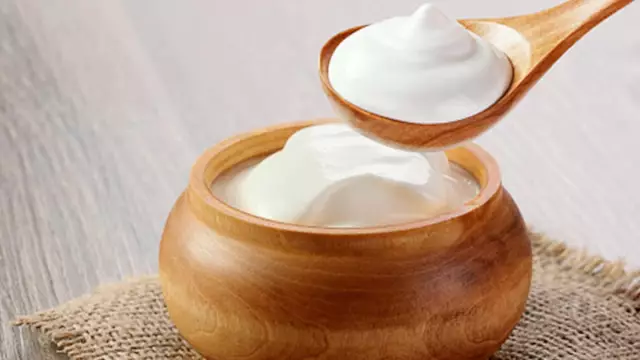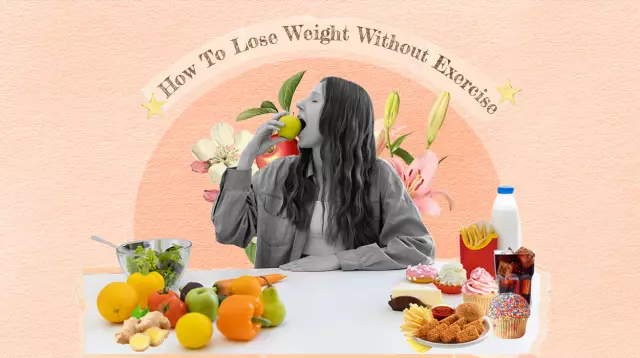- Author Rachel Wainwright wainwright@abchealthonline.com.
- Public 2023-12-15 07:39.
- Last modified 2025-11-02 20:14.
Sports diet

A sports diet is a complete diet designed for people who are actively involved in various sports. The sports diet menu should include a sufficient amount of carbohydrates, proteins, fats, vitamins and microelements necessary not only to maintain the body's vital functions, but also to provide it with energy during various physical activities.
When formulating a sports diet, you should take into account the increased consumption of water, proteins and carbohydrates with increasing physical activity.
The diet of a sports diet should provide the body with:
- Carbohydrates for extra energy. The norm is 5-10 g / kg of the athlete's weight, depending on gender, age, type of sport;
- Proteins (proteins) to maintain muscle mass, repair damaged tissues. Energy comes from proteins a little, only 12-15%. The norm varies from 0.8-1.0 g / kg at low loads to 1.8-2.0 g / kg among athletes of security officials. An unreasonable increase in the amount of proteins can lead to an increase in body fat, dehydration, osteoporosis;
- Fat, which is an important component of nutrition, in an amount of maximum 30% of total calories, since athletes get their main energy from carbohydrates. An excess amount of fat will slow down digestion and worsen your well-being;
- A sufficient amount of liquid. During training, fluid loss is 1-3 liters per hour, additional fluid is lost in the urine. All these costs must be compensated for by drinking plenty of fluids;
- Vitamins and minerals in sufficient quantities to ensure the normal functioning of all systems and organs. With active physical activity, it is impossible to get them only from the diet, it is recommended to take vitamin and mineral complexes.
In a sports diet, not only the diet is important, but also the time of intake. In the process of training, food is poorly digested and puts unnecessary stress on the body. Therefore, you should eat at least 2 hours before training, but the food should be plentiful and complete, with a sufficient amount of carbohydrates and proteins. If you feel hungry just before exercising on a sports diet, you can eat something from "fast carbohydrates" (chocolate). After 2 hours after training, you need to eat again to consolidate the results.
Sports diet for weight loss
Sports diet for weight loss - specially formulated diet for athletes to lose weight. Correct sports nutrition for weight loss is necessary in certain sports to get into the desired weight category or as a preparatory period before "drying" in fitness, bodybuilding, etc.
The greatest effect of a sports diet for weight loss is given in combination with strength exercises 2-3 times a week. Correct sports nutrition, fractional, enriched with fiber, protein, complex carbohydrates and a complex of vitamins and minerals, switches the body to the mode of burning fat, helps to restore muscle tissue, and speeds up metabolism.
Recommended sports nutrition menu for fat burning:
- I breakfast - 1 glass of 2.5% fat kefir, or 2 medium sweet and sour apples, or 1 banana. This breakfast is digested quickly and easily. For better absorption of nutrients and vitamins, tea or coffee should be drunk half an hour after a meal;
- II breakfast to choose from:
- Carrot and cabbage salad - 200 g, any lean meat 100 g, 2 chicken egg proteins. In a frying pan without oil, an omelet is prepared from meat and proteins. Allowed black bread - 30 g, a cup of tea with honey and lemon;
- Boiled brown rice - 100 g, 2 proteins, chicken - 100 g, bake in the oven. Season the seaweed salad with olive oil. A cup of coffee without sugar;
- Vegetable salad - 100 g. Chicken breast sandwich - 100 g, 20 g of cheese, 5 g of butter, black bread 30 g. Coffee or tea;
Sports diet lunch to choose from:
- Lean borscht without meat, bell pepper salad with white cabbage, 100 g of boiled veal, 30 g of black bread, freshly squeezed fruit juice 100 ml;
- Stew of stewed vegetables (200 g) with meat (100 g), 30 g of black bread, dried apricots 1-2 pcs. Coffee or tea;
- Vegetable hodgepodge - 250 ml, steamed lean fish - 150 g, white cabbage salad with lemon juice and olive oil;
- Snacks between meals to satisfy hunger and supplement the diet with vitamins - an apple, or an orange, or half a glass of freshly squeezed fruit juice;
- Dinner of your choice:
- Oatmeal, boiled in water (200 g), salad of any vegetables (100 g);
- Fish or lean meat (150 g) is steamed with broccoli and herbs.
Fasting days are required once a week in a sports diet: kefir or mineral water. If it is difficult, then fasting days are allowed on vegetable salads with lemon juice without adding oil or apple ones.
With sports nutrition to burn fat, you need to drink 2-3 liters of pure water daily, limit salt intake and take an additional complex of minerals and vitamins.

This sports diet is a "strict" diet and requires the approval of your healthcare professional to use it.
Sports Nutrition Secrets
In the life of athletes, both professionals and amateurs, proper sports nutrition is very important. Not only sports achievements depend on it, but also the state of health, the normal functioning of the body during training and in everyday life.
The secret to sports nutrition lies in strict adherence to ten basic rules:
- 1 - Various sources of protein. For a complete protein synthesis of all necessary amino acids, the body needs protein, both animal and vegetable;
- 2 - Natural products. Food must be prepared by ourselves; it is better to buy food in the markets;
- 3 - Only fresh vegetables and fruits. The fiber contained in fresh fruits and vegetables helps to improve digestion;
- 4 - Proper preparation. Use only fresh products for cooking, eat prepared dishes immediately;
- 5 - Small portions of food intake. Small portions of food, frequent meals contribute to a more complete absorption of nutrients. Slows down the process of catabolism - the breakdown of muscle protein;
- 6 - Thorough chewing. The main condition for effective digestion is thorough chewing of food, for example, it increases the degree of protein absorption by 20-25%;
- 7 - Drinking correctly. You need to drink 10-20 minutes before meals, 30-60 minutes after and during the day between meals. Any drinks with gas are strictly prohibited;
- 8 - Do not eat before bedtime. Energy release from food intake will disturb the depth of sleep, and carbohydrates are converted into fats;
- 9 - Observe the diet. It is important not only to eat food regularly and on time, but also to coordinate its intake with training;
- 10 - Supplements of vitamins and minerals. With active physical activity, trace elements and vitamins supplied with food are not enough for full functioning.
Nutrition plays a very important role in the life of athletes. Therefore, knowing these simple secrets of sports nutrition will help you make the right diet and increase the effectiveness of any workout.
Found a mistake in the text? Select it and press Ctrl + Enter.

